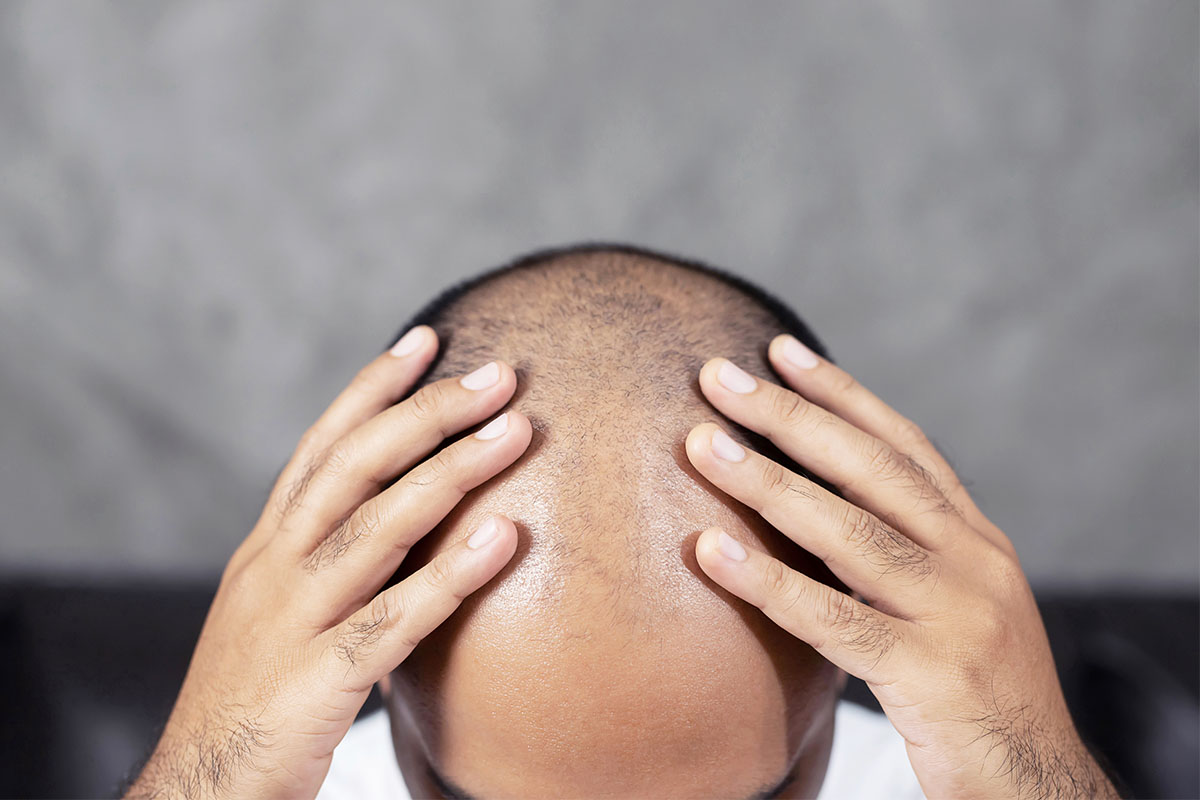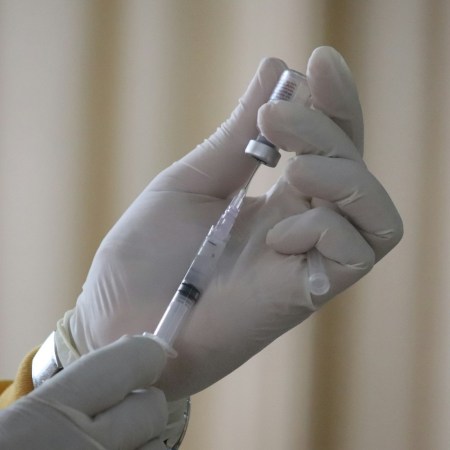The very condition that prompted Will Smith to whack Chris Rock across the face a couple months ago — alopecia areata — may soon be a thing of the past.
Massachusetts-based lab Concert Pharmaceuticals reported this week that its drug CTP-543 can restore a head of hair in up to 42% of people with the extreme hair loss condition.
The results arrived after an extensive study that included 700 volunteers — all of whom had lost at least half of their hair, while some came in completely bald. The subjects were instructed to take the pill twice a day, and after six months, an encouraging number of them had regrown at least 80% of the hair on their scalps. The drug was less effective with medium dosages, though (only 30% of people on the smaller dose managed to regrow their hair).
According to Dr. Lynne J. Goldberg, the director of the hair clinic at Boston Medical Center, who spoke to The Boston Globe, those numbers could improve in the coming months.
“This is super exciting,” she said. “I don’t think 40 percent will be the full number. Some people will take longer to respond.”
The drug works by preventing killer T cells from mistakenly targeting hair follicles. Like any prescription drug, it’s imperfect and should arrive with unwanted side effects (acne, headaches, etc.), but with other labs currently racing for approval from the FDA for similar alopecia areata treatments, it’s likely that a doctor will be able to choose the best individual option from a menu.
At any rate, Rock’s G.I. Jane reference, which already felt outdated for a younger audience, could soon make zero sense. Unfortunately, for those not dealing with alopecia, but just old-fashioned, aging-related hair loss, this drug is likely not able to restore your locks.
The Charge will help you move better, think clearer and stay in the game longer. Subscribe to our wellness newsletter today.


















